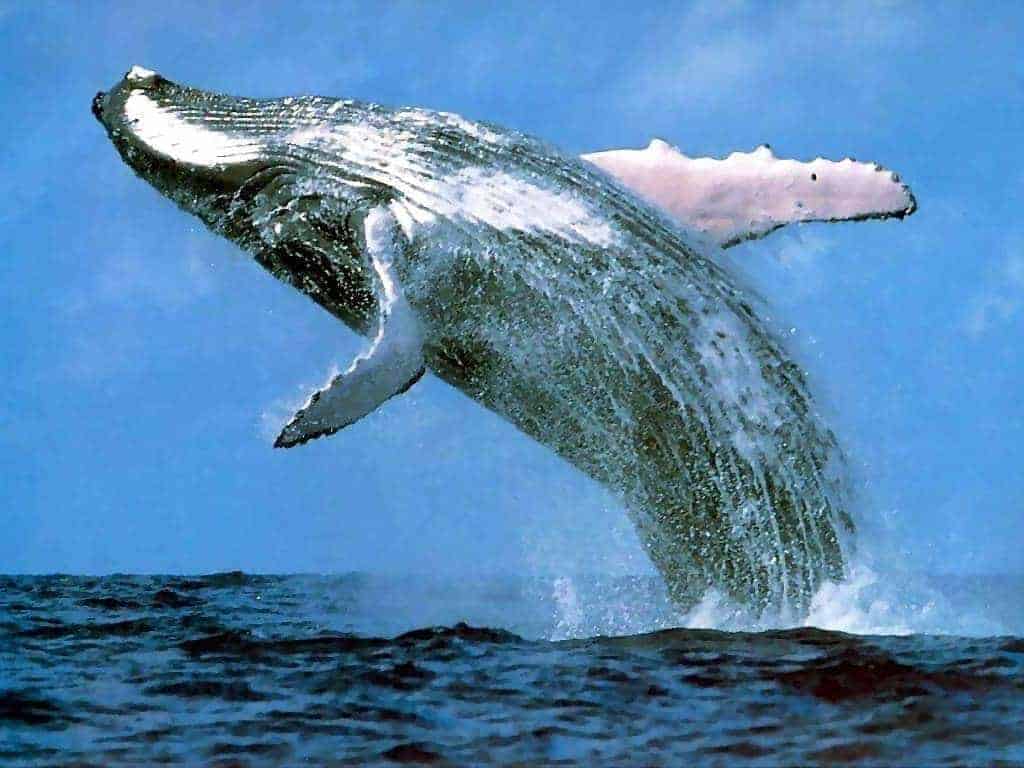International Maritime Day
Each year, on the last Thursday of September, the world commemorates International Maritime Day. In 2025, it will fall on 25 September. This day is more than just a symbolic reminder of the importance of maritime transport for the global economy. It is also an opportunity to look at the oceans from a different perspective – not merely as “shipping routes” or reservoirs of raw materials, but as unique and fragile ecosystems that are the very source of life on Earth. In times of growing environmental threats, it is essential to highlight not only the economic but above all the ecological significance of seas and oceans.
The Global Importance of Maritime Transport
Maritime transport remains the backbone of world trade. More than 80% of all goods are carried by sea. Ships connect continents, enable the exchange of raw materials and manufactured goods, and form the foundation of the global economy. Without stable and safe maritime transport, the modern world would look very different. This fact, however, also carries responsibility – to preserve the oceans in a condition that allows their continued safe and sustainable use.

Oceans as Key Ecosystems
Oceans play an irreplaceable ecological role. They produce more than half of the oxygen we breathe, regulate the global climate, and absorb vast amounts of carbon dioxide. At the same time, they are home to countless animal and plant species. Yet this complex system is fragile and vulnerable. If we damage it, the consequences will not be local but global – from climate change to threats to the food security of billions of people.
Protecting the Marine Environment
The modern world brings enormous challenges to the oceans. Overfishing, plastic pollution, chemical contaminants, oil spills, and climate change significantly disturb the balance of marine ecosystems. Each of these problems is serious on its own, but together they create a threat that cannot be ignored. Protecting the marine environment must therefore not be seen as a secondary issue, but as a global priority.
Marine Wilderness – The Last Untouched Refuges
Special attention deserves the category of Marine Wilderness. These are areas that remain untouched by intensive human influence, where natural processes function freely. Such zones are irreplaceable not only for biodiversity conservation but also as living laboratories showing us what healthy ocean ecosystems look like. Preserving marine wilderness is one of the most demanding, yet also most vital, challenges of our time, as pressure to exploit the oceans continues to grow. Establishing strictly protected areas, where fishing or resource extraction is prohibited, is the way to safeguard these last remnants of truly wild nature.

The Role of International Cooperation
The International Maritime Organization (IMO) and many other institutions play a crucial role in setting rules that ensure safe and sustainable maritime transport. International cooperation is essential – oceans know no borders, and the problems of one region quickly become problems for the entire world. Addressing pollution, regulating fisheries, and protecting marine biodiversity must therefore be the result of common agreements and coordinated actions.
Conclusion
International Maritime Day matters, because reminds us that oceans are not merely transportation routes or sources of wealth. They are above all the foundation of life on Earth and the last refuges of true wilderness. If we want to preserve them for future generations, we must protect them with the same intensity as we exploit their resources. Protecting the marine environment, and especially marine wilderness, is one of the most important tasks of our time.
Discover more from European Wilderness Society
Subscribe to get the latest posts sent to your email.








